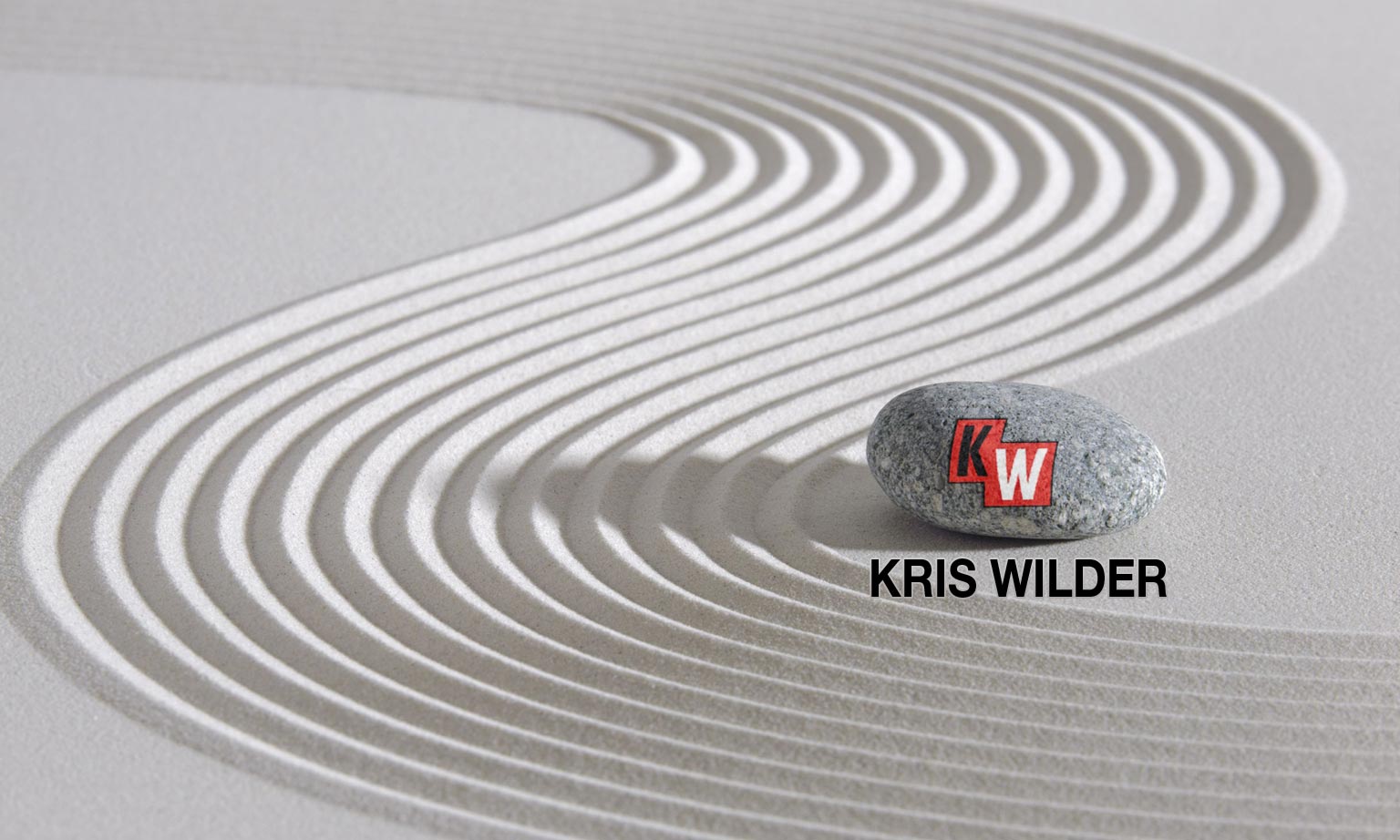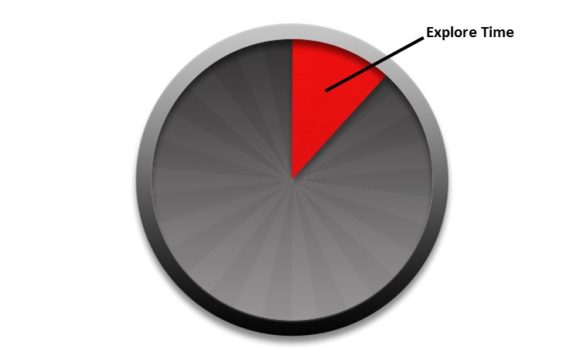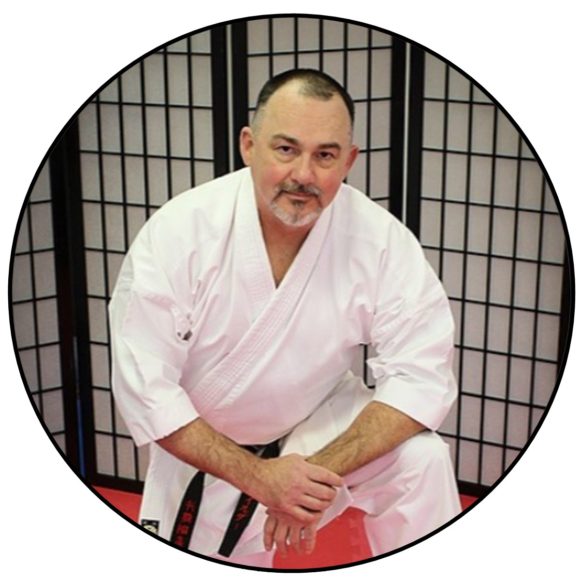
Up your karate teaching game. The biggest change in karate is the instruction method. Recently while visiting friends the conversation came to a Human Resources (HR) meeting. The thrust of the HR meeting was the changing expectations of the work environment. Millennials expect different treatment than workers have had in the past.
This is a multimillion-dollar industry we are talking about. They are changing their policies and behaviors to fit the zeitgeist. The zeitgeist of a generation of workers.
Having pointed this out I want to jump right over the emotionally charged, “Why’s?” and “What’s?” of the business’s new policy.

It is a policy the business has adopted and it is a policy martial arts instructor should adopt.
Before you start to form a sternly worded letter about tradition and discipline hear me out. It will make sense and your instruction will be better. As for those of you who are on this path, this will help substantiate your teaching technique.
It is important to teach your syllabus. It is important traditions are in place when they have purpose and benefit. Don’t run away from these tenets. But know this, the mind of your students is different than yours. You are outnumbered and you better adapt.
Grinding It Out v. Sunshine
Work ethic has been seen as, “Grinding it out.” Often followed by a comment along the lines of, “You may not like it, that’s why it is called work.” An extreme example on the other end. A friend who was a manager at Amazom.com terminated an employee for leaving work with a note on their desk, “It’s sunny today.” Not having completed probation, he was terminated. On the way out the door he was promising a lawsuit.
Neither of these positions is complete. Accountability is necessary. Grit, focus, and discipline, yes, please. And so is flexibility.
Teaching to assessment becomes stagnant, stale and goals are met. Goals are met, yet sometimes the success lacks soul.

People will learn to an assessment. When teaching is to the test, people learn for the test. People have also learned, “Just pass the test.” Why would they not behave this way? I surely have. This result is satisfactory on paper, not on the floor.
Add More Experience, More Playful Exploration
Here is a suggested ratio for Explore Time.
This is specific. Explore Time happens at the end of class. This addresses the danger of teaching to the test. Explore Time blends the classic, “Nose to the grindstone.” And “I’ll get to it when I want, I’ll get it done,” orientations.
Attacking the structure of the class is not what Explore Time is about. Explore Time is within the class. This integration is an adaptation to reach your students. It is not a forsaking of tradition. And the most important thing is you are still teaching the requirements, while students get to break out of, “Learning for the test.” It will up your karate teaching game.
Learn something from the past and pay attention to the present. It’s the way the mind has always worked, now add a dash of discipline and splash of Explore Time. As a result your students understand instead of regurgitating information.
Need some extra goodies?
Let’s Connect
KRIS WILDER
Kris Wilder is a martial artist based in Seattle Washington. He has authored many martial art books, including the classic, The Way of Kata. Making no apologies for his obsession of Football he can be found telling any who will listen about the nuances of the Canadian Football League.



